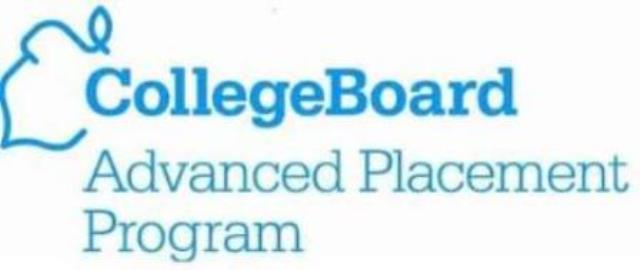

The AP course in English Language and Composition engages students in becoming skilled readers of prose (emphasis on non fiction) written in a variety of periods, disciplines, and rhetorical contexts and in becoming skilled writers who compose for a variety of purposes. Both their writing and their reading should make students aware of the interactions among a writer’s purposes, audience expectations, and subjects as well as the way generic conventions and the resources of language contribute to effectiveness in writing. The AP English Language and Composition course is designed to help students become skilled readers of prose written in a variety of periods, disciplines, and rhetorical contexts and to become skilled writers who can compose for a variety of purposes. By their writing and reading in this course, students should become aware of the interactions among a writer's purposes, audience expectations, and subjects, as well as the way generic conventions and the resources of language contribute to effective writing.
AP English Language and Composition
AP English Language and Composition Exam Day 2014
Friday May 09, 08:00 AM
About the Exam AP English Language and Composition
The exam is approximately three hours and 15 minutes long and has two parts — multiple choice and free response. The multiple choice section is worth 45% and the free response section is worth 55% of the final exam grade.
Section I: Multiple Choice — 55 questions; 1 hour The multiple choice section tests your ability to read closely and analyze the rhetoric of prose passages. Total scores on the multiple-choice section are based on the number of questions answered correctly. Points are not deducted for incorrect answers and no points are awarded for unanswered questions. Section II: Free Response — 3 essays; 2 hours plus a mandatory 15 minute reading period The free response prompts test your skill in composition and require close reading, thoughtful rhetorical analysis, and purposeful argumentation. This section also includes a synthesis prompt that tests your ability to effectively compose an argument of your own by combining and citing several supplied sources, including at least one visual source.